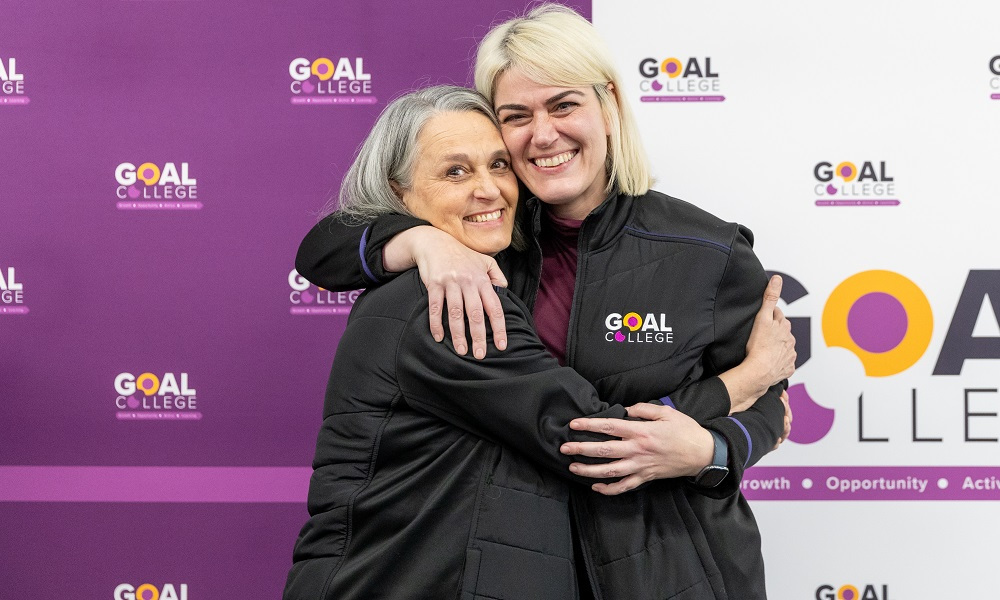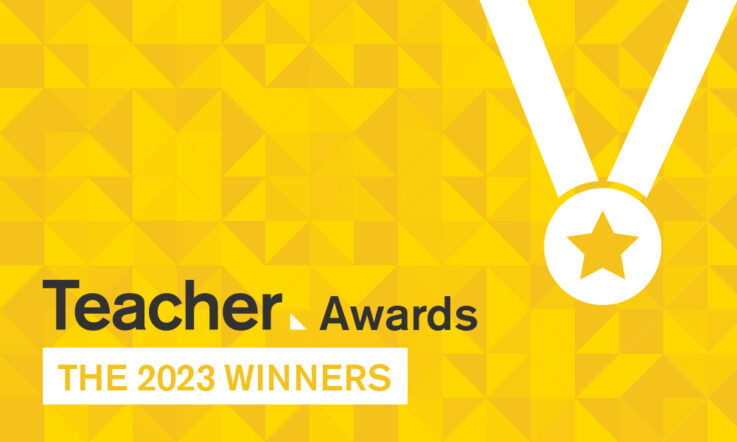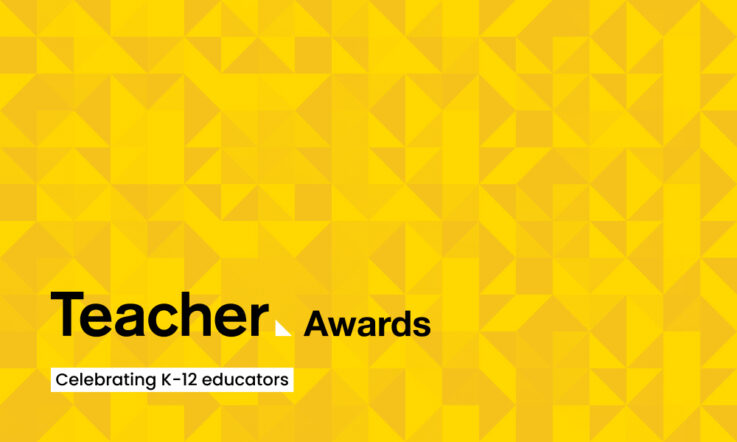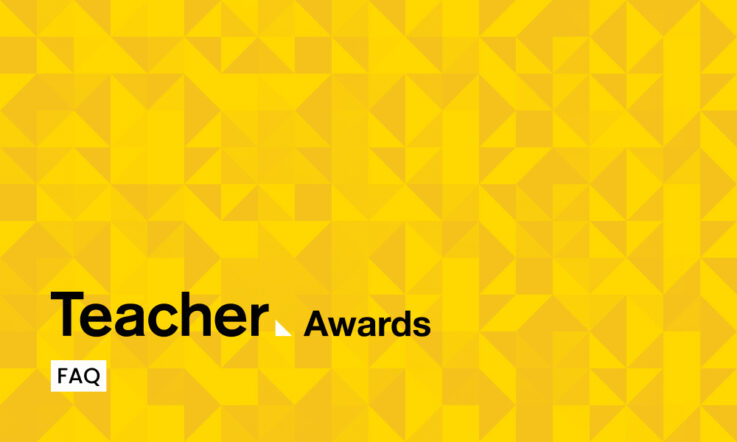This month, we were delighted to announce the winners of the inaugural Teacher Awards. The winners for our 8 award categories represent all school sectors and hail from 5 Australian states.
Over the next few months, we’ll be sharing their stories. In this first article, we speak with Kate O’Donnell, winner of the Improving Health and Wellbeing Award, sponsored by Bank First. She is the principal of GOAL College in New South Wales.
The link between student wellbeing and engagement and learning is well-established in the international literature, and in Australia a recent national survey of young people shows one-third think mental health is an important national issue.
GOAL College, located in inner-city Sydney, caters for students in year 11 and 12 who are passionate about sport, may be facing disadvantage and may be disengaged from mainstream schooling. Kate O’Donnell has been principal since the school started 8 years ago. She was nominated by her colleague for the Improving Health and Wellbeing Award, and tells Teacher that being named winner brings fantastic recognition for the work that’s done by her team of staff.
‘The teaching staff, the support staff, the administration staff – it’s a really huge team effort and everybody in our school has a responsibility for student wellbeing. So I think, for us, it's a great opportunity to be able to share more broadly what we achieve as a really strong team of educators who care incredibly much about wellbeing and make it a focus of everything that we do.’
Partnering with families to improve wellbeing
As part of the judging criteria, one of the elements our Judging Panel was looking for in this award category was ‘educators work in partnership with parents and carers to improve student health and wellbeing’. For O’Donnell, parents are a critical part of the network at GOAL College.
‘In terms of how we have set up the school, each teacher has a small number of students only that they cater for. So they look after only 20 students each, for 2 years. That’s their load, they don't go from class to class. And they have a core responsibility to know those students and those families inside out,’ O’Donnell tells Teacher.
Another key initiative is the school’s annual survey of students and parents to collect their feedback on teaching, wellbeing, and communication.
‘The surveys are intended to, when [students] first come in, to get a sense of who these kids think they are as learners, and then down the track each year to go “are you getting what you need for you to be able to succeed?”,’ O’Donnell says.
‘We want to understand, what are the parents seeing as change in the child? So, some of the things that we measure, and we ask parents about … in year 11, “How hard was it to get your kids to go to school last year?” and “How happy was your child at school, from your perspective as a parent?” and then, “Has that changed?”’
Connecting with external experts
The award criteria also recognises that external expertise may be utilised to provide specialist support for staff and students.
At GOAL College, staff are supported by the school’s wellbeing officers and counsellor. The school staff can’t do everything though, O’Donnell says. ‘So that has meant really working closely with mental health providers such as psychiatrists and psychologists outside of the school, connecting with them and having, in some cases, a regular conversation with them as well about the wellbeing of the students, but also with hospitals and with sports psychologists and with coaches.
‘So it's actually just having that ability to reach out and say “this is what we're seeing, what are you seeing? And how can we work effectively together?” So that we're not seeing the work of one specialist being undermined by another.’
The Judging Panel was also impressed by the College’s professional development opportunities, which has included a program with an experienced Aboriginal presenter when enrolment of Aboriginal students at the school increased from 2% to 10%, and the College’s yearly learning about their own policies and processes for working with at-risk students, including mandatory reporting and child safe processes, which O’Donnell leads.
‘Kate's attention to First Nation's students and the special attention given to high-risk, self-harm students indicates a very real reality of teachers working in such spaces,’ the Judging Panel commented. ‘The stress and emotionality of these experiences carry with them a host of unpaid labour and often underappreciated stresses.’
Supporting and encouraging a work-life balance
The Improving Health and Wellbeing Award category also recognises the importance of staff health and wellbeing. O’Donnell’s nomination for the Teacher Awards 2023 also communicated the school’s dedication to encouraging a work-life balance for staff.
‘We’re a young school and we have a predominantly young staff … so it's very topical for us in terms of staff being parents of young children. And one of the realities of that is kids get sick, they don’t sleep through the night,’ O’Donnell shares, adding it can be common for staff to bring their children to work if needed.
The school also operates on a model where each teacher is onsite for 4 days each week and has one day where they can work remotely from home.
‘We've got a structure within this school that it is one where there is very strong culture of trust with the staff.’
Teacher Awards will be returning in 2024! The Improving Health and Wellbeing category is open to an individual educator, team of educators or leadership team, and celebrates the importance of staff and student health needs and their wellbeing, alongside teaching and learning.
The Teacher Awards recognise work that’s been completed in the past 12 months, so it’s not too early to start thinking about your nomination for 2024. You can browse the specific criteria for this award, and the other 7 categories, here, and our FAQ page for the Teacher Awards here.
As a teacher, reflect on how you approach prioritising student health needs and their wellbeing. Does your approach include partnering with external experts from the wider community? What about the parents and carers in your school community?



